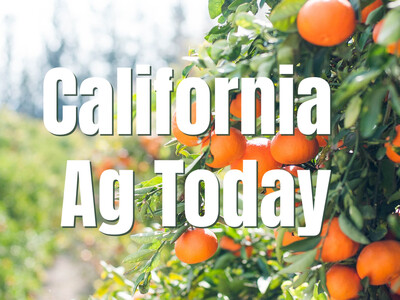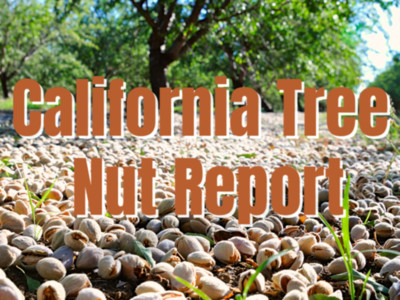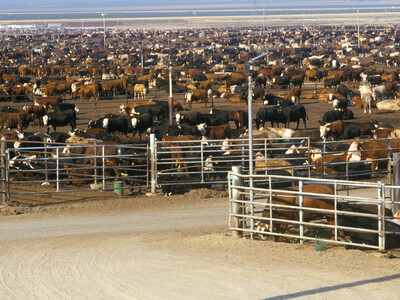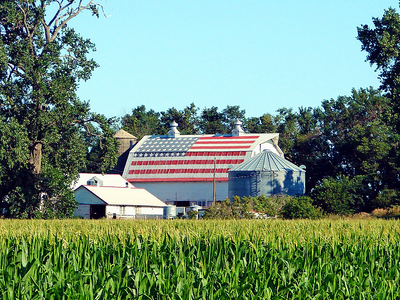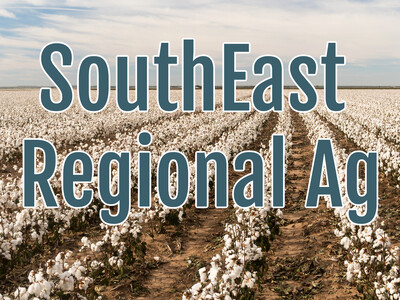Salt tolerant alfalfa
Increasing demand for surface water and greater use of groundwater and recycled water for irrigation has led to H2O, with high salt concentrations being used for crops. Speaker2: Plants they do not like high salt in irrigation water or in the soil, so this is leading to slowly increase in soil and water salinity, causing major reduction in yield. So we are getting less and less production. Speaker1: That is behind research by USDA geneticist Devinder Sandhu and colleagues to develop new lines of alfalfa varieties with the trait of higher tolerance to saline. The result from cross breeding to such germplasm. Speaker2: When you grow alfalfa under high water salinity, it does not lose any biomass at all. And even if you keep increasing the salinity going up to seawater, these plants, they don't die. Speaker1: Projected next steps in research include making the high saline tolerant alfalfa germplasm available to producers for use and testing. Alfalfa is one of the crop plants which is already moderately tolerant to salt, and alfalfa is very important for dairy. So what we are trying to do is find good genes from a diverse set of lines, which we call as germplasm. Genetically for this experiment, we have started with 2700 genetically diverse lines in alfalfa. And we did controlled experiments on those lines. Try to see which of those lines are better under high salt concentration. By doing that, there are two lines which both of them are really good. When we looked at molecular level, these two lines are actually very different from each other. So then I decided to combine the characters of these two lines to make it even more tolerant to salt. Here we are. In addition to just using traditional breeding, we are also using some molecular information to understand the basic genetic makeup of the lines which we are using.






